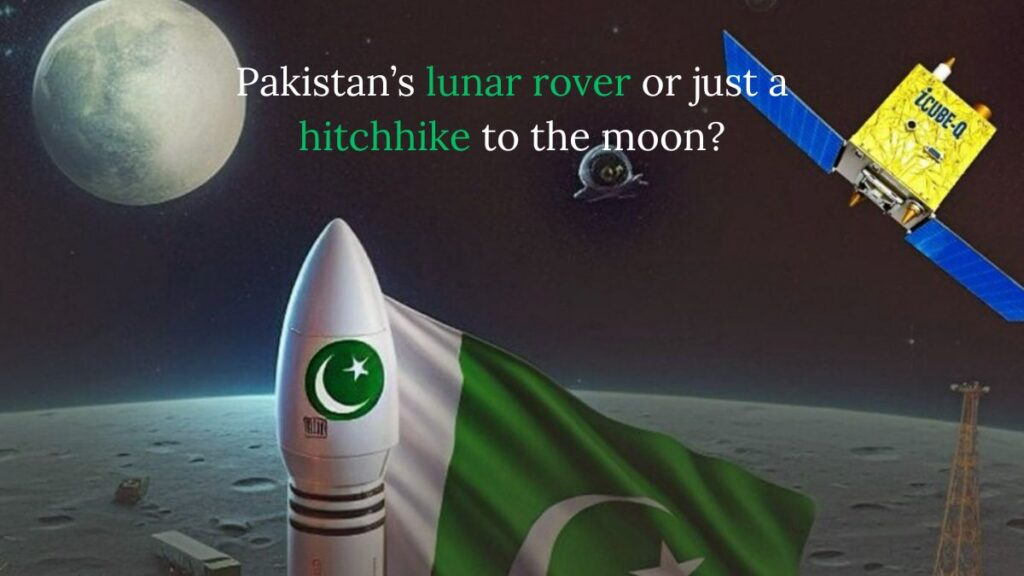Pakistan’s Desperate Quest for the Moon: Launches Contest to Name Its First Moon Rover – But Is It a Giant Leap or Just a Hitchhike?

Pakistan is gearing up for a historic moment in space exploration—sort of. The country’s space agency, the Space and Upper Atmosphere Research Commission (SUPARCO), has announced its first lunar mission set for 2028. But before you imagine a homegrown spacecraft soaring toward the moon, here’s the catch: Pakistan won’t be launching its own mission. Instead, a 35-kilogram Pakistani rover will be tagging along on China’s Chang’e 8 mission, hitching a ride on Beijing’s well-oiled space program.
A Cosmic Naming Contest
To drum up excitement, Pakistan has launched a contest under the theme “Name Pakistan’s Lunar Rover.” Open to students, space enthusiasts, and the general public, the initiative invites citizens to suggest a name for the country’s lunar passenger. The winning entry will bag 100,000 Pakistani rupees (roughly $350)—a sum that, while not exactly astronomical, is still enough to get people engaged.
It’s a moment that SUPARCO hopes will inject a sense of national pride into Pakistan’s space ambitions. The question is, does this represent real progress, or is it just another way to stay relevant in the growing space race?
From Pioneering Beginnings to Playing Catch-Up
Pakistan’s space journey began with promise. Established in 1961, just eight years after NASA, the country even beat India to launching its first rocket in 1962. But while India’s ISRO evolved into a global space leader—culminating in Chandrayaan-3’s historic landing on the Moon’s south pole—Pakistan’s SUPARCO has remained largely grounded, better known for ambitious plans that never take off.
Now, with its lunar ambitions hitched to China’s Chang’e 8, Pakistan is making sure it doesn’t get left behind entirely. The question, however, is whether this moment will be the start of something greater or just another case of outsourcing its dreams.
A Step Forward or Just a Borrowed Leap?
It’s easy to dismiss this as a cosmic group project where China does the heavy lifting while Pakistan hopes for an honorable mention in the credits. But every space program has to start somewhere. Perhaps this small step—borrowed though it may be—will ignite a larger ambition.
For now, Pakistan is taking its first lunar step in borrowed shoes, hoping that one day, it will have the means to walk on its own. Whether this mission sparks a genuine space program or remains an isolated attempt at relevance remains to be seen. Either way, Pakistan is reaching for the Moon—one outsourced contract at a time.







